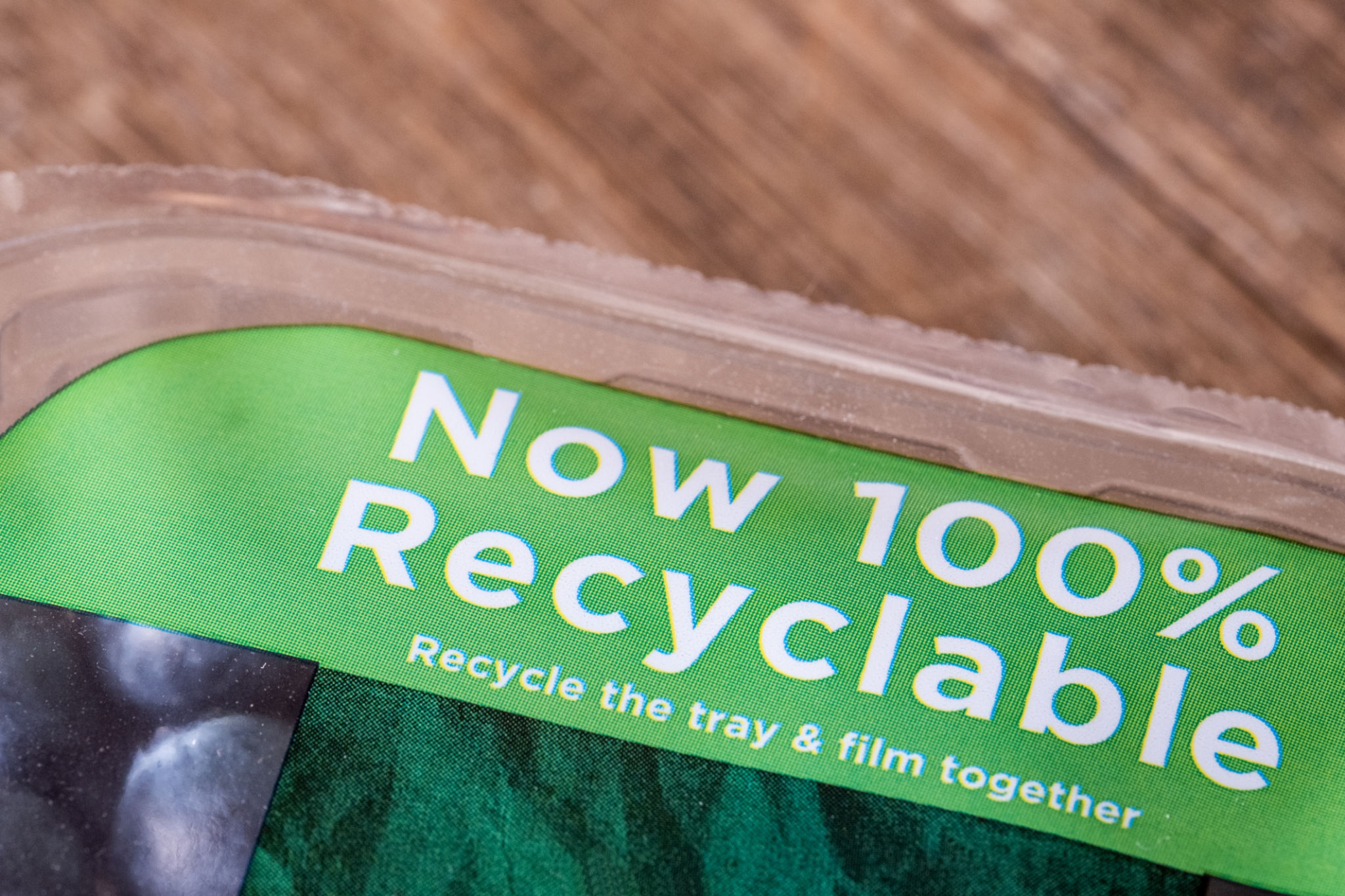Case Study: How Shenzhen Companies Are Reducing Waste with Reusable Packaging
Introduction to Shenzhen's Sustainable Packaging Initiatives
Shenzhen, a bustling city known for its rapid industrial growth and technological advancements, is leading the charge in sustainable practices. One of the most impactful initiatives is the shift towards reusable packaging by local companies, which is significantly reducing waste and promoting a circular economy. This case study explores how Shenzhen companies are pioneering these efforts and the benefits they are reaping.
The move towards reusable packaging is not only an environmental imperative but also a strategic business decision. Companies in Shenzhen are recognizing the long-term savings and brand enhancement that come from adopting more sustainable practices. This approach aligns with global trends and consumer demands for eco-friendly solutions.

Strategies Implemented by Leading Companies
Several key strategies have been adopted by Shenzhen companies to transition to reusable packaging. These include:
- Designing packaging that can be reused multiple times without losing integrity.
- Implementing return and reuse programs that incentivize customers to return packaging.
- Collaborating with partners to create a shared pool of resources for packaging materials.
For instance, some companies have introduced innovative material designs that enhance durability and aesthetic appeal, ensuring that their packaging remains functional and attractive through several cycles of use.

Challenges Faced and Overcome
Transitioning to reusable packaging is not without its challenges. Companies have faced hurdles such as initial investment costs, logistical complexities, and consumer education. However, Shenzhen companies have creatively tackled these issues by:
- Securing investments dedicated to sustainability initiatives.
- Streamlining logistics with technology solutions that track and manage reusable packaging effectively.
- Launching awareness campaigns that highlight the environmental impact of reusable packaging, thus encouraging consumer participation.
Through these efforts, companies have not only overcome barriers but also set benchmarks for other cities aiming for similar sustainability goals.

Impact on the Environment and Business
The impact of reusable packaging on the environment is profound. By reducing reliance on single-use plastics and paper, Shenzhen companies are significantly cutting down on waste generation. This not only conserves resources but also reduces pollution, aligning with global sustainability targets.
On the business front, companies are experiencing a positive shift in brand perception. Consumers are increasingly favoring brands that demonstrate a commitment to environmental responsibility, leading to enhanced customer loyalty and market share. Furthermore, the cost savings from reduced material consumption and waste management are noteworthy.
The Future of Reusable Packaging in Shenzhen
Looking ahead, the future of reusable packaging in Shenzhen appears promising. As technology continues to evolve, we can expect even more innovative solutions that will make sustainable packaging more efficient and accessible. Companies are likely to expand their reach by exporting their sustainable practices to other regions, thus amplifying their environmental impact.
In summary, Shenzhen's approach to reducing waste through reusable packaging serves as an exemplary model for cities worldwide. As more companies join this movement, the positive effects will continue to multiply, paving the way for a more sustainable future.

